A great photographer knows how to capture the property in the best light possible, and this goes for both inside and outside the house.
Sometimes, if you get lucky, you’ll take photos on the right day, at the right time.
There’s something so beautiful about the sky in this photo:
You just never know, right?
Maybe you’ll get really lucky, and head to the property at sunset, and be able to capture something like this:
Gorgeous!
But then, of course, there are the agent who try to, um, how would I say…….digitally-alter the sky?
I mean, we do “virtual staging” in our listings, right? Not me, but “we” as in agents. Crappy agents, cheap agents, but agents.
So can we “virtually stage” the sky?
I wonder what that would look like, and I wonder if people would notice….
….hmmm….
Oh, what, that?
That’s totally normal!
Just a condo for sale………apparently………….during the apocalypse?
Kudos to the agent for keeping the photos consistent though:
–
This photo scared the crap out of me:
I was in this property before I saw the MLS photo. Seeing that reflection in the mirror reminded me of my childhood.
Do you guys remember Ghostbusters II?
I was a bit too young to watch that, and yet my sister and her friends seemed to play it every Friday night when my parents were out.
Remember Vigo?
The painting that came ALIVE?
Here’s a refresher:
Scary A.F., am I right?
Now imagine that painting coming to life?
I can’t find the scariest clip, but here’s the first clip in the movie with Vigo:
Maybe it’s not exactly the same thing, but enough to come back to me in my dream the night after I showed that property…
–
You know how I absolutely hate photos of inanimate objects in the MLS listing?
Right?
Things like this, for example:
Great, there’s a sink in the condo. Now I can die a happy man!
But seriously, what in the world does this have to do with the listing?
A bowl of pears? You get 20 photos on MLS, and you pick a bowl of pears?
But now we have people taking photos of objects on the wall too!
I’ve seen this several times in the past week, and the most interesting was this photo of a deer:
And you know what?
I saw more of it!
Animals everywhere!
Like horses, for example.
I call this one, “Proud Showhorse.”
Proud Showhorse.
Beautiful!
Not to be confused, however, with “Sad Rockinghorse”
Seriously though, that’s awesome!
The homeowner left that for a reason. We just don’t know what the reason is, but kudos to them for having some fun with the sale of their largest asset…
–
How about photos of people in listings?
I know we already did the whole “photographer didn’t know how to take a picture without capturing himself in the photo” thing a couple of weeks ago.
You’re likely tired of pictures like this:
So then what about this?
Really?
Could this guy not have got up and out of the way for the photo?
Could the photographer and/or agent not have said, “Hey Jimmy can you shove for a sec?”
I don’t understand.
Nor do I understand this guy on the roof:
You go to all the trouble of getting a drone to take a photo, and buddy over there can’t get out of the way.
–
But what I really, really can’t understand is the next two photos.
These photos, I kid you not, are for a new listing, “never-lived-in” condo, just registered.
Why?
Just………why?
Really?
You couldn’t have asked your friends to move for five seconds while you took photos of your new condo, to help “market” it on MLS?
Really?
Your friends are now forever enshrined in the MLS Hall of Fame?
This is mind-boggling!
How can somebody so stupid be smart enough to generate the money to purchase a property? Or am I drawing a connection that just isn’t there?
–
Either that’s an 8-foot-tall door, or the washer-dryer are toys:
Or maybe the camera is distorting the objects in the frame?!?!?!?!
–
The 1800’s telephone would be really, really cool, if they didn’t have a working rotary-dial phone plugged into the wall right below it:
–
And last but not least, what the hell is burning in this condo, and why would they use this photo on MLS?


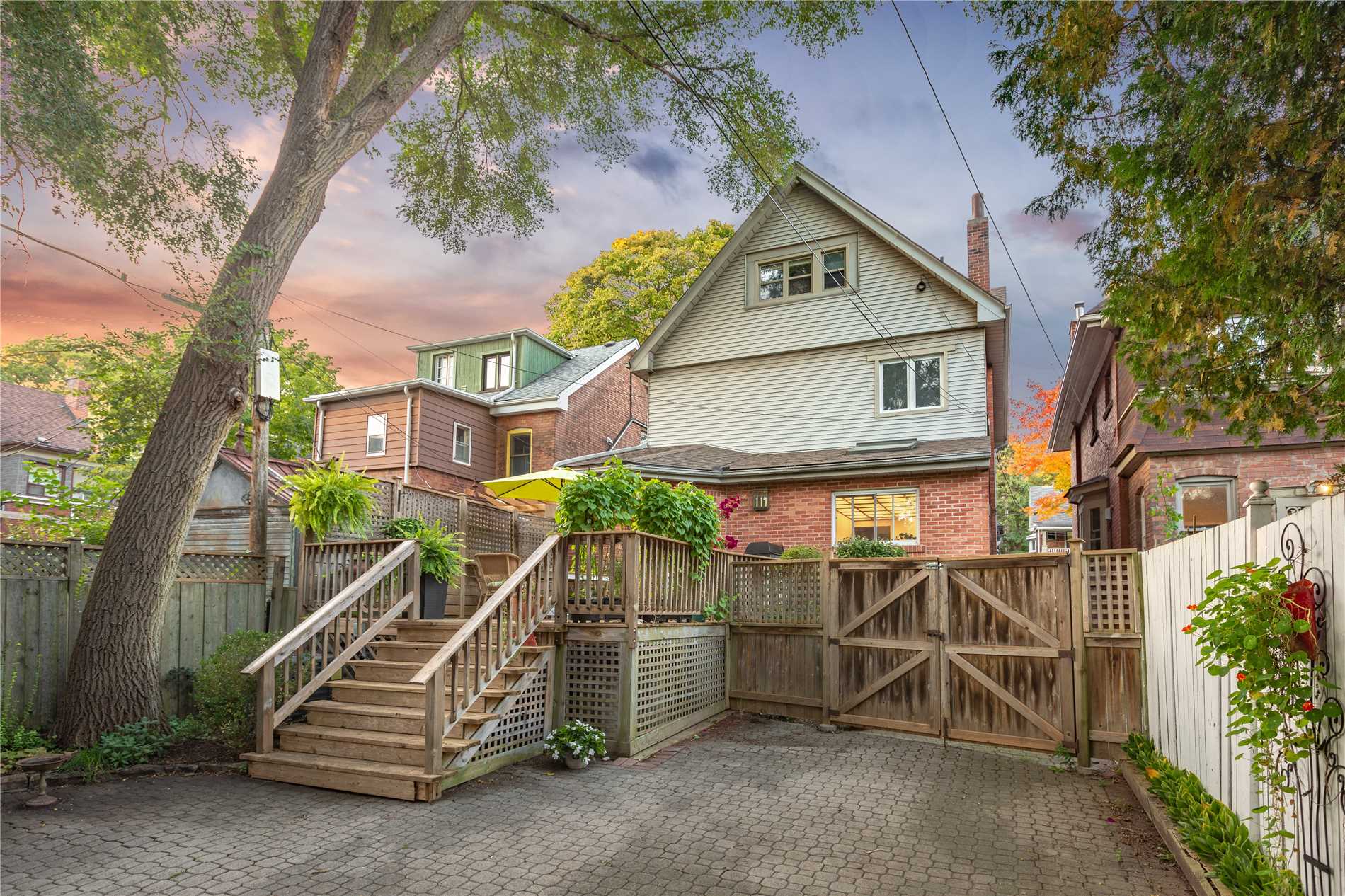
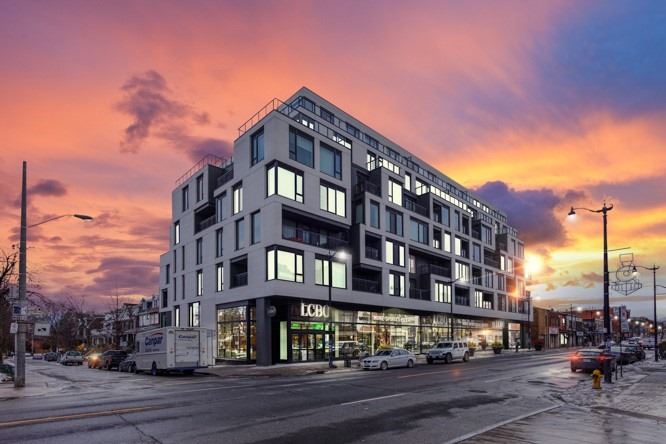

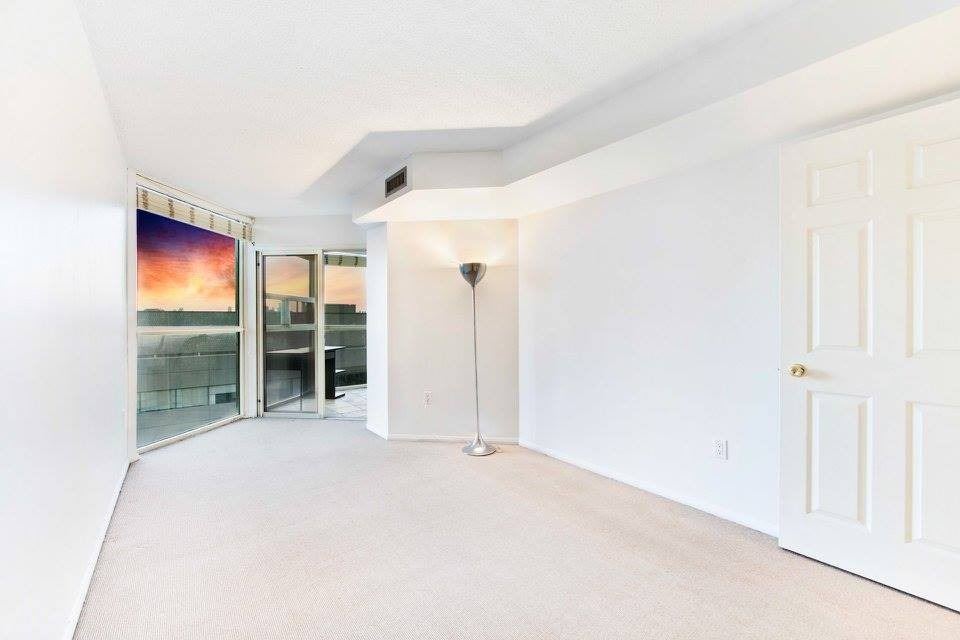
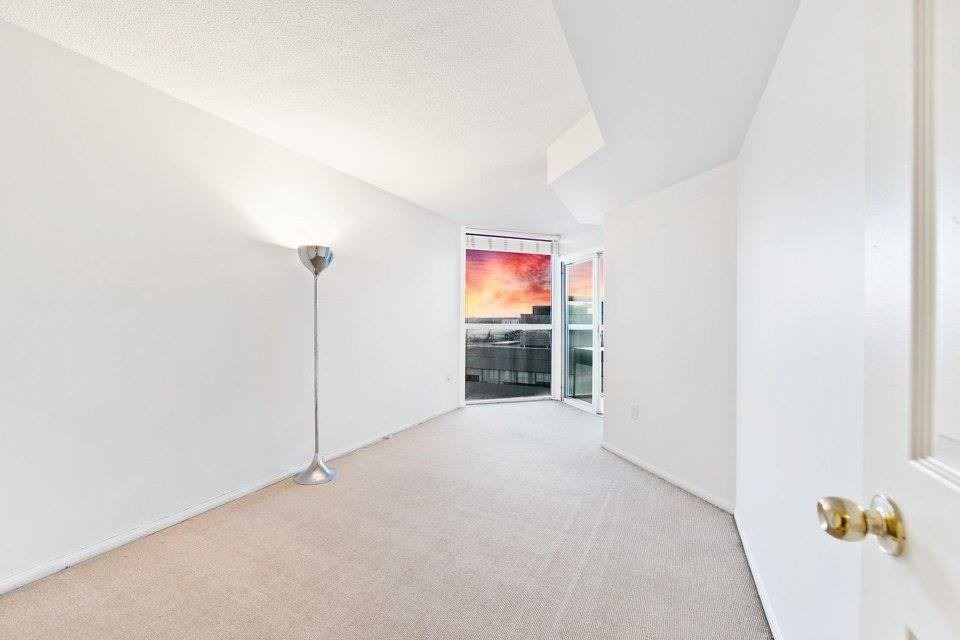



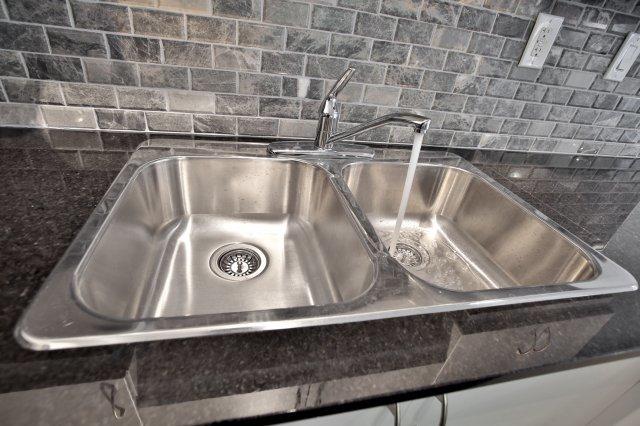


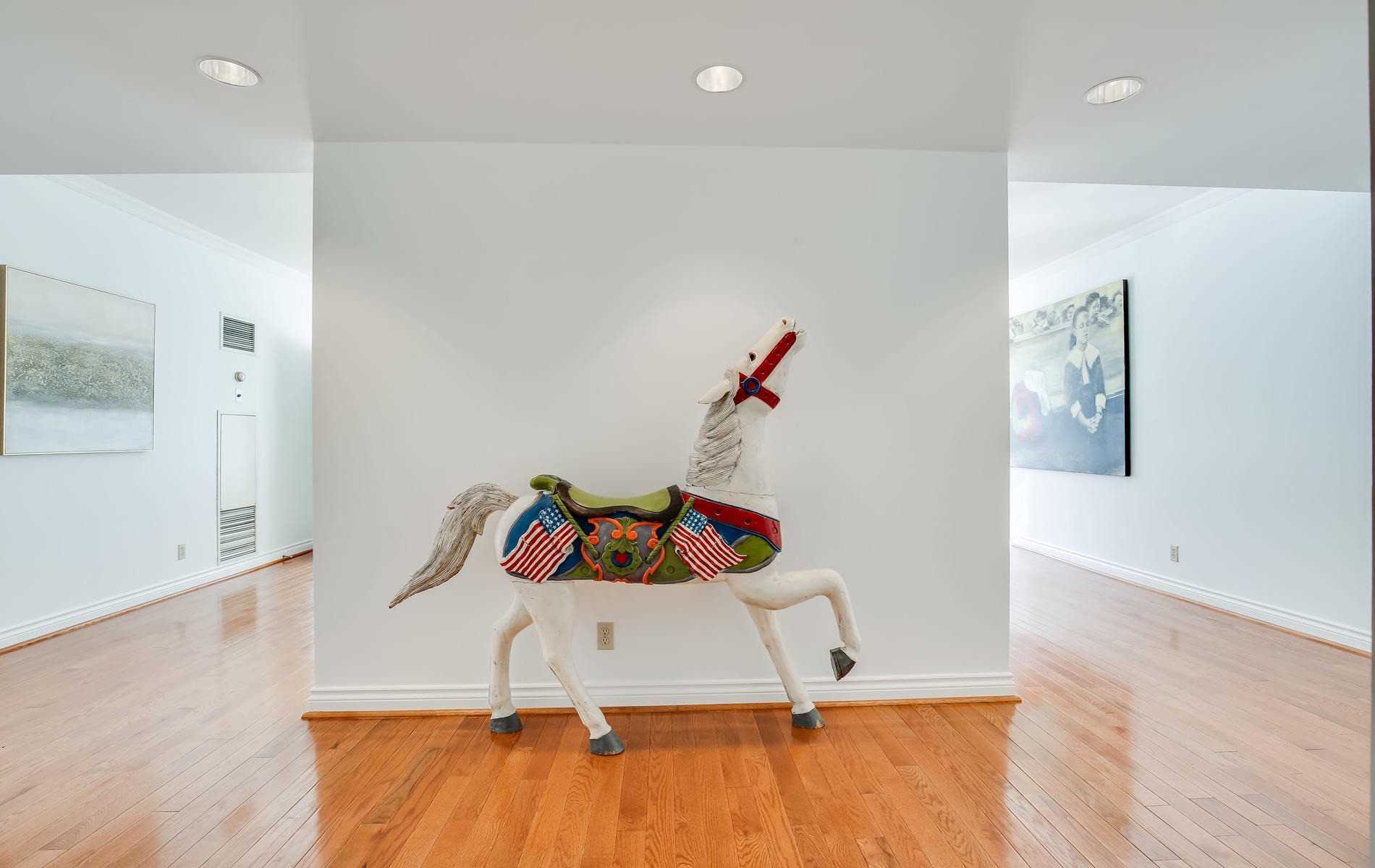
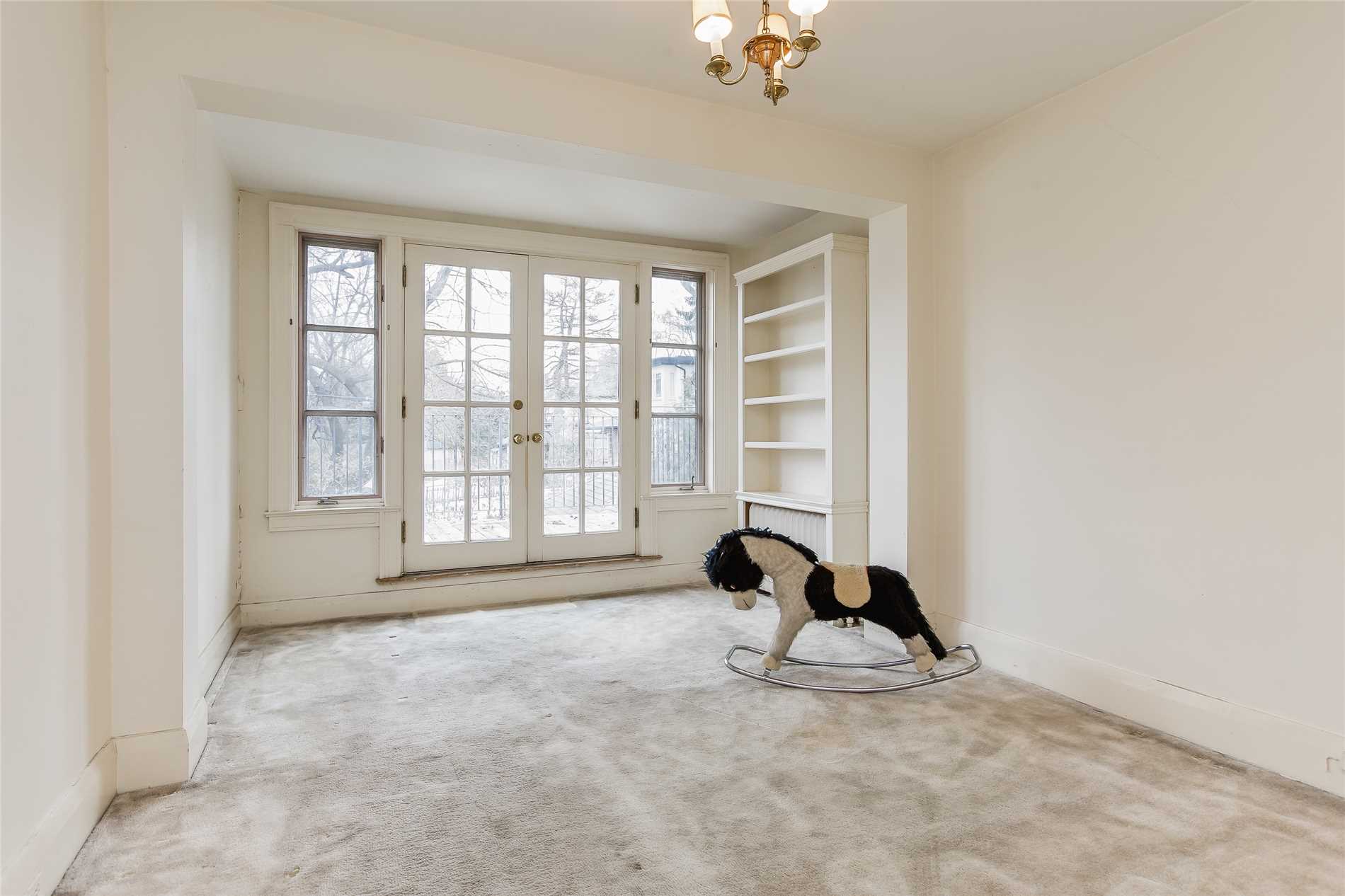
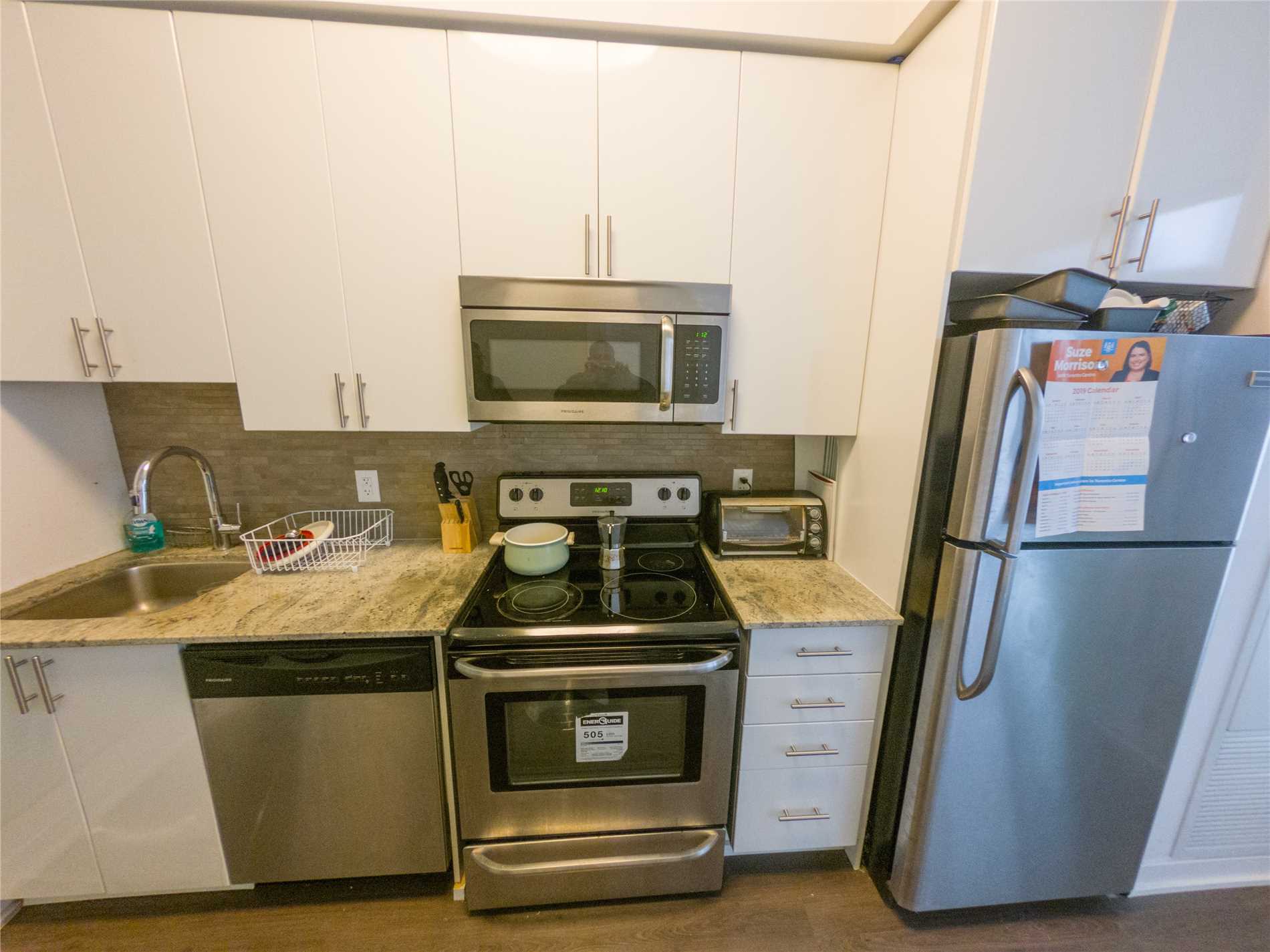
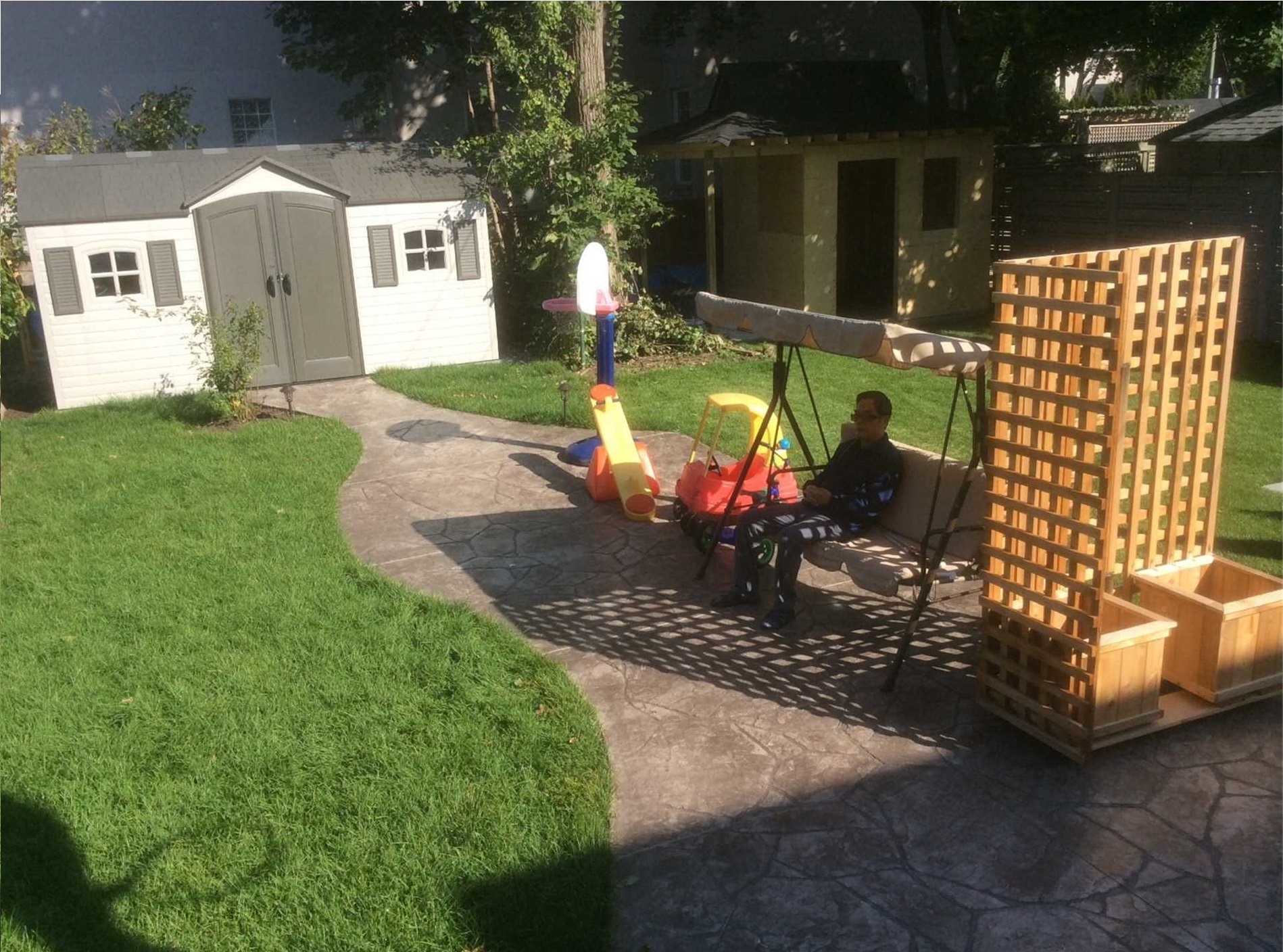
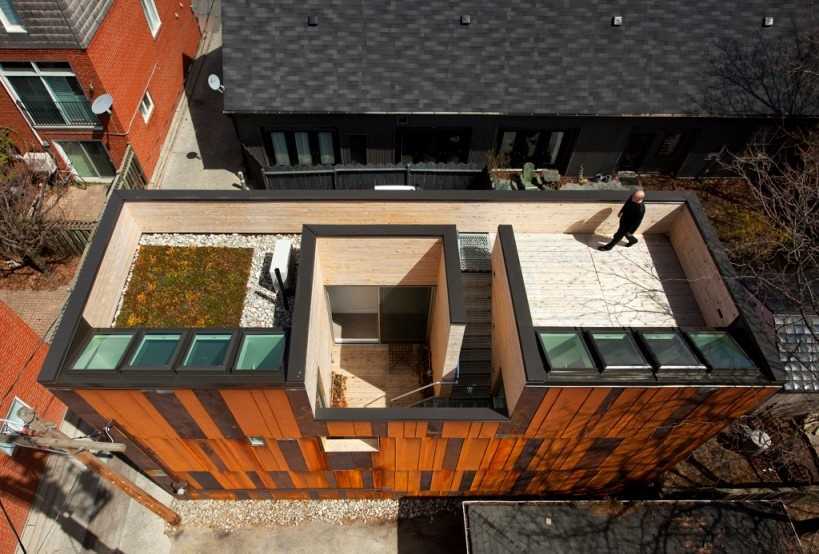
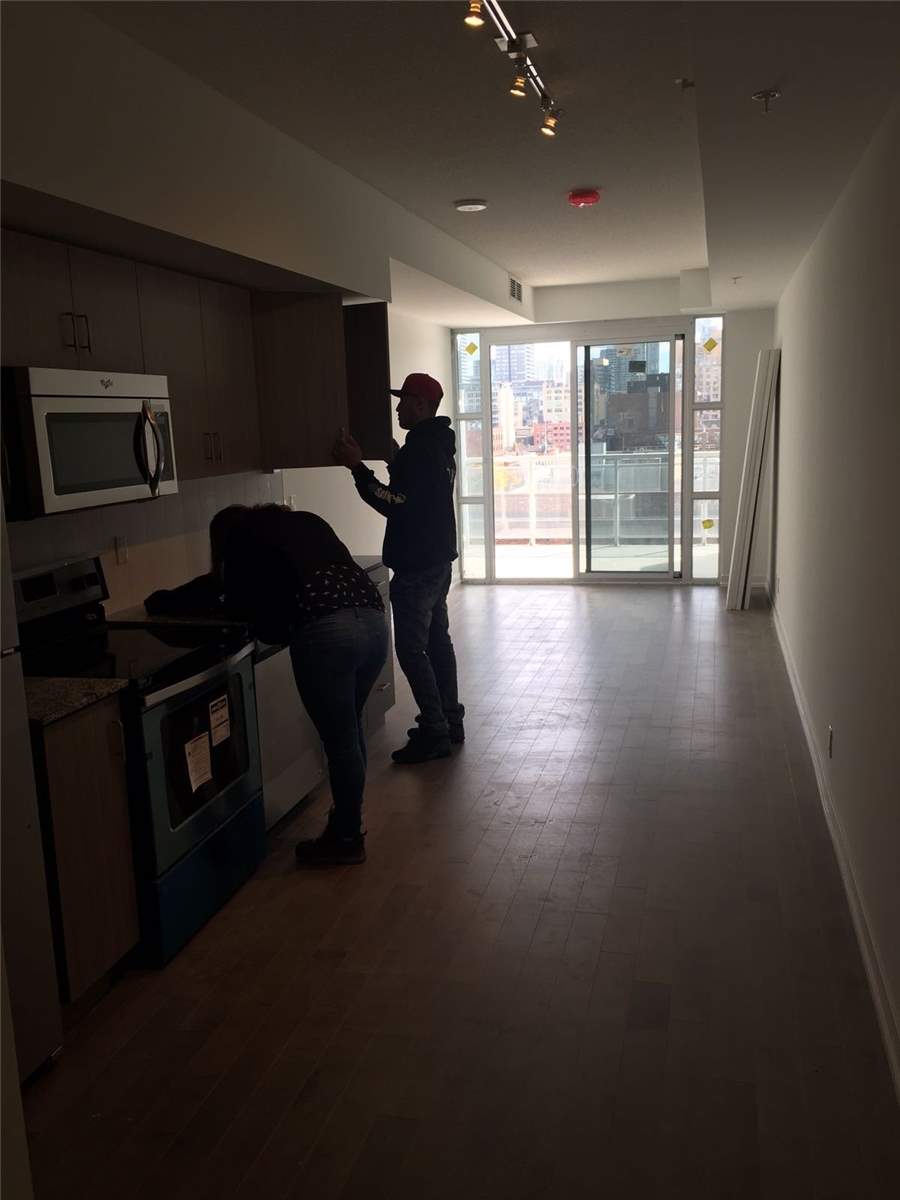
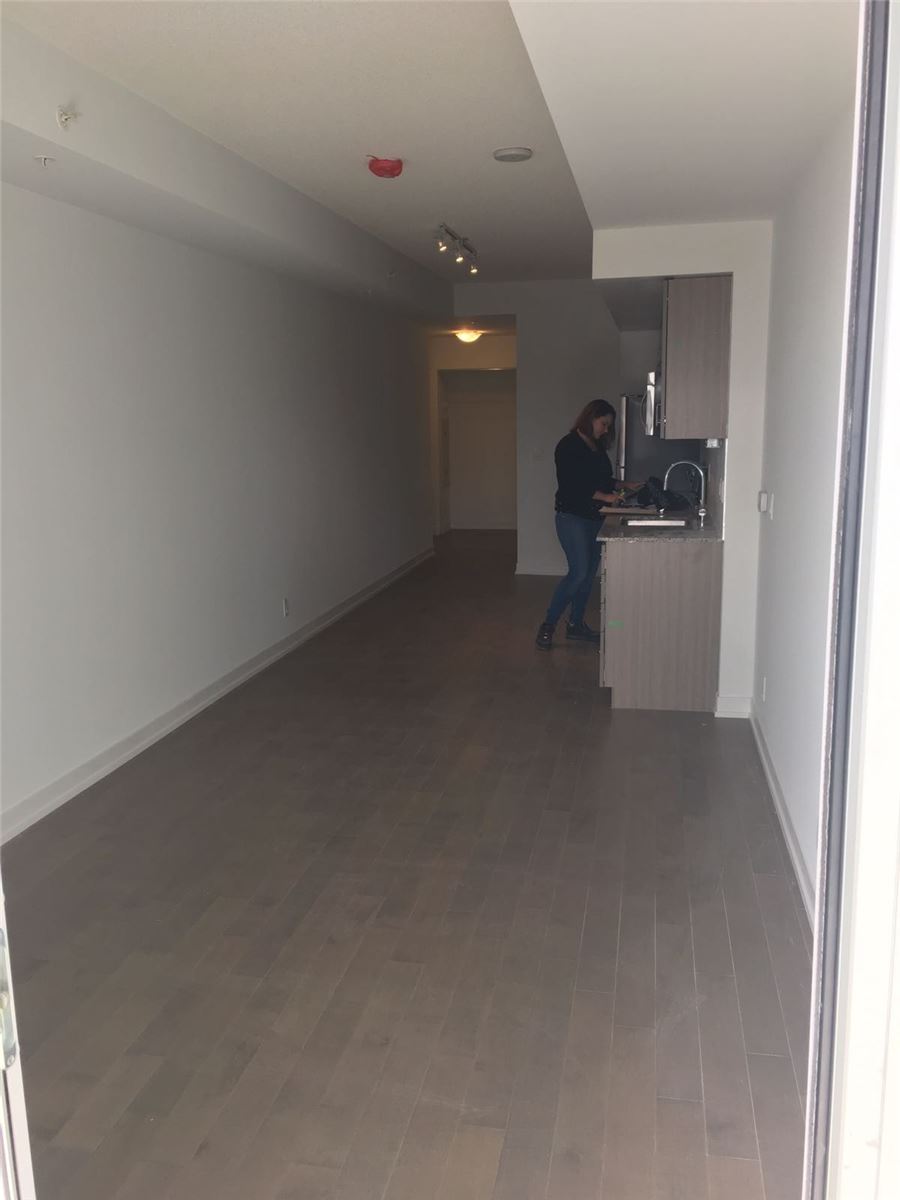
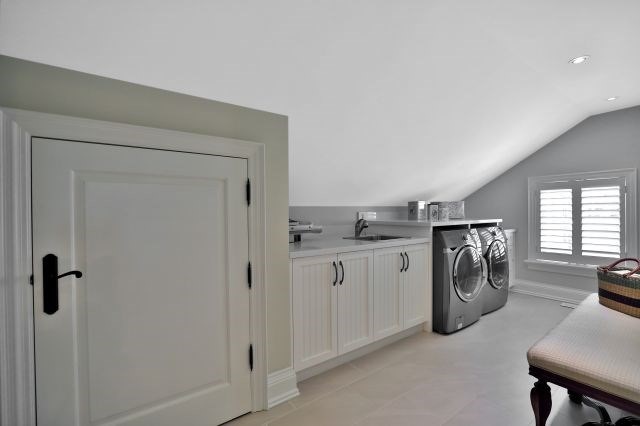
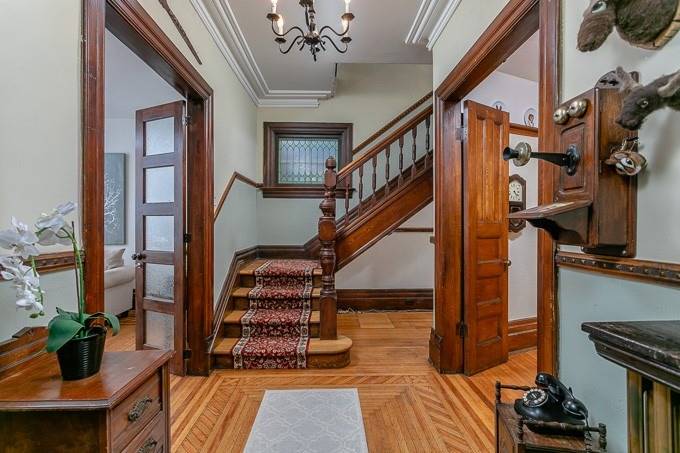
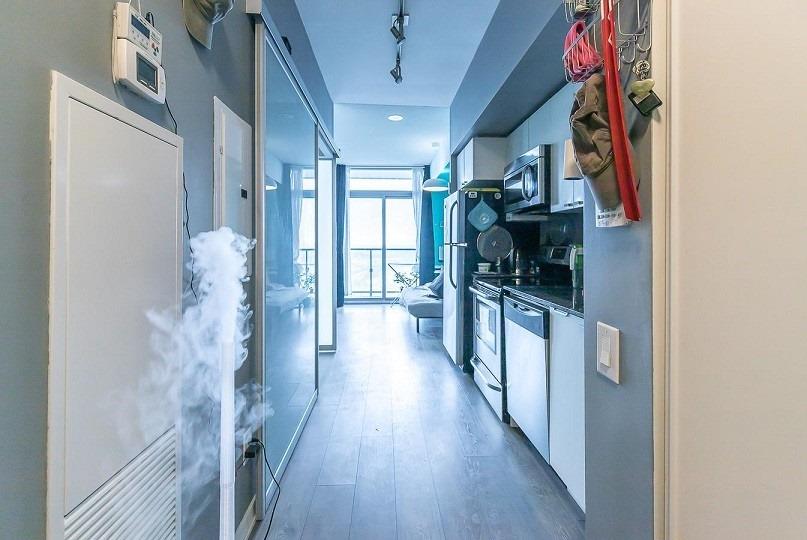






























Verbal Kint
at 8:41 am
It seems to me I saw a listing for a condo on MLS last year…. There were literally no lights on in the unit, and I guess the photographer didn’t know how to turn on the flash. Strictly, dimly, lit by the window, of which there was one.
It wasn’t flattering at all. It was hilarious and bathetic at the same time.
You should post some pictures of that. I know you have some, because it was your listing.
Andy
at 10:13 am
This guy is trolling you hard!!!
Another reader commented that he’s a agent and I agree 100%. Any way you can trace his IP or something? I’d love to know who this guy is.
Housing Bear
at 10:32 am
I bet he/ she (probably a he) has been feeling the sales slow down hard and is here hoping to scare business away from David. Or maybe lost a client to David and trying to carry out some sort of vendetta.
Its unfortunate, the scum of the earth is always attracted to a hot market and a quick buck, which gives the good market players a bad wrap when the junk floats to the surface.
Kint is probably getting close to bankruptcy at this point, so it will be onto the next quick buck once something emerges……….. maybe bitcoin can go for another run?
Kyle
at 1:12 pm
I also suspect he/she is an Agent. Probably not a very good one, in fact probably a bad one. One bad enough to have earned a spot on “Mls Musings” at some point, hence all the bitterness.
Appraiser
at 10:39 am
Hey @Verbal, you should see a proctologist about that bug up your ass.
Samantha
at 11:02 am
Oh absolutely an agent!
Jealousy is one of the worst sins.
“Bathetic” as Verbal Kint said himself above.
I’m thinking the transition from bottom feeding agent to out of work agent and blog troll named Verbal Kint looks something like this: https://m.youtube.com/watch?v=E8wYykZ3pHk
Dan
at 9:36 am
Vigo the Carpathian! Still sad that he lost his kitten.
https://youtu.be/-vyj6_4SlUA?t=21
Derek
at 10:30 am
I think that last one is a actually a real ghost. Maybe even @TheRealVigo!
Derek
at 10:58 am
H. B. & App’r, discuss….:
https://www.bloomberg.com/opinion/articles/2019-03-21/buy-a-house-it-s-safer-than-the-stock-market
Housing Bear
at 12:40 pm
With only reading the article and not the report it is based off of I would say the following.
1. I am not against owning real estate in general, I just believe there is a good time to buy an asset and a bad time to buy an asset. I think it is a bad time to be buying in Toronto, however if I stay in this city long term I will buy here again one day for sure. For some people (a lot of people actually) RE is the best investment they can ever make because of the forced savings component. Also, just because I think RE here isn’t a good buy does not mean that I think all or any stocks are therefor a good buy as. I think the US markets are very overvalued especially a lot of tech and shale oil stocks…… If the price of oil explodes than the latter won’t be as bad.
2. The period under study includes a massive explosion in average wages. Higher wages translate more into local housing prices than they do for stocks. Wages have not been growing as fast over the past 20-30 years as they had been in the 20-30 years prior. Since the 80s we have just been playing a game of having lower rates in the current cycle then we did in the last. Housing prices have a strong negative correlation with RE prices. This cycle we were basically at 0.
3. Author specified that the returns included acquisition costs but did not specify whether or not those returns also allowed for interest and maintenance. If it did not then the return should be lower.
4. Part of the assertion is that global equities are a lot more correlated today and as such it is harder to get true diversification whereas housing prices are much more supported by local factors. I do agree with this, but I am very much worried about the local factors for the GTA and Canada as a whole right now………….. Guess i could follow the recommendation and diversify my RE holdings by buying properties in other countries as well, but I don’t think I want to have to manage a property or be a landlord to someone in India…………Expect India to perform well vs other countries over the next few decades but I would rather just invest in REITS or Indian businesses.
4. The article also points out that demographic factors (aging populations/ lower birthrates) could change the calculations in the future. Canada has both of those factors present, but the impact could be offset by healthy levels of immigration. Only issue with betting on immigration is that immigrants are usually very smart and ambitious people….. If our economy slows down they may chose to go somewhere with greener pastures. Immigration rates always drop during recession. Also, boomers have tremendous paper gains right now, but are banking on millenials to provide them their liquidity. Millenials are weighed down by student debt, have lower paying jobs and less job security………… Maybe if we move to negative mortgage rates, or 40 year amorts it will work?
Chris
at 1:17 pm
Good points, Bear.
I’ll wait until the paywall expires on the NBER paper before forming a conclusion on this research. Were dividends included in determination of equity returns? Were carrying costs (mortgage interest, insurance, taxes, maintenance) and/or disposition costs including in real estate? Need more details.
If anything, I think this article makes a strong case for diversification, by holding your net worth in a balanced portfolio of equity, bonds, real estate, etc.
And their suggestion to diversify by holding real estate in a bunch of different countries seems unrealistic for the average person.
Kyle
at 1:53 pm
Lots of good points here.
The reality is it is difficult to make “investment” comparisons between owning a home vs equities, because unless you’re a millionaire homes aren’t really an asset class. People typically buy a home for a stretch of time, not homes. And that home is completely unique and not necessarily representative of an average. Even in the GTA, you see this. 905 down/416 up, detached down/condo up, upper end down/entry level up, etc. So at any point in time, one person’s home is outperforming equities, while someone else’s is underperforming.
That said, over the long run however there are some truths raised in the article:
– In the long run, RE on average performs very well, even compared to equities (but like i said above YMMV).
– Home price volatility is almost always lower than equity price volatility. If volatility is one’s idea of risk, homes pretty much always win. And one underappreciated thing, is the implications of this on the benefits (or lack thereof) of diversifying away from RE.
– The value of the imputed rent is considerable. The longer the horizon, and the higher the inflation, then the bigger this factor will be. Frankly over one’s lifetime this is going to be a much bigger factor than the forced savings aspect. Even with the mildest of inflation, it is always more expensive to rent than it is to buy in the long run. Otherwise there would be no economic reason for apartments to exist.
Jimbo
at 2:50 pm
Think you could pop out a present value calculation (something similar) to support your claim that renting long term is much more expensive?
Would you include maintenance as a percentage of current value or purchased value each year going fwd (perpetual 1% of $350k or 1% of appraised value)? What about property tax in an increasing market? I think Toronto land taxes are fairly low, 0.64-0.66% but if a house has changed value from $350k to $1m in 8 years would that not increase land taxes by 300%?
I’m not trying to be frivolous just curious.
At 20 I always assumed that only paying property tax and maintenance would be a better deal so my goal was to buy but after buying I started to change my mind. Not saying you need a new roof, furnace, Windows etc every 10 years but is that something I can afford after 65 Vs renting? Grand parents could but they have car plant pension.
Kyle
at 3:40 pm
In terms of what would go into the PV calculation all those costs exist in both the renting and owning scenarios, it’s just that the cost of maintenance, and property tax increases are baked-in to the rent.
At the end of the day, it’s simply an economic reality. If renting were cheaper over the long run, then landlord’s would cease to exist (as there would be no profit in it). And if you play it out even further you see how ridiculous the notion that renting is cheaper can get. Because, then owning would cease to exist. Since any smart owners would simply sell all their property and want to become renters too. But then you quickly realize that if no one wants to own, then there is no one to rent from.
It is much easier to show in a spreadsheet, but by the time you’re 65 the benefits of owning become even more clear cut, you’ll have paid off your mortgage 20 years ago, and could have been investing what you used to pay into your mortgage into retirement savings. Your ongoing costs are still maintenance and property tax.
By contrast find an equivalent rental property to what you currently own, and take the monthly rent and multiply that by 678 and that is the total amount of rent you’ll have paid in the 45 years between now and when you turn 65 at a mild 1% annual inflation. Your ongoing costs are the current rent multiplied by 1.55x.
Numerically: if it costs $2000 to rent an equivalent home now, you will have paid $1,355,545.79 over the last 45 years. And your rent when you’re 65 will be 3,720/month. if you’ve decided to retire, you now have to pay this on presumably a reduced income. And that $3,720 will continue to rise with inflation while your retirement income is presumably more fixed.
Jimbo
at 8:36 am
I don’t know if I agree with the sentiment in the first paragraph. In “my” experience the majority of landlords became landlords because others in the neighborhood became landlords first. When enough people started to rent out their houses it drove property values down enough that others couldn’t profit off their house so they decided renting it out would be better and started over on a new mortgage else where. The neighborhood declined socially through the 80s and 90s. I would also add that if you could bake the cost of maintenance and taxes into the rent then why do so many apartments become run down over time and take a hit on rental value? Houses have fallen into that trap as well.
That being said with a low interest environment maybe it works out better this time and if the rental properties are not condensed into a single area it won’t have the same effect on values, we also view rentals and landlords with more respect than before. Also South Oshawa and McCauley Boyle in Edmonton may be outliers.
I think supply and demand trump’s the second paragraph, people switch between owner and renter all the time but I don’t believe the numbers are high due to it wouldn’t be supported economically. If everyone dives in then prices appreciate too much and people get priced out, if everyone bails prices plummet and you can’t sell. A percentage will need to sell and become renters and another percentage will decide that they want to become landlords and make the conscious decision.
I didn’t buy until I was 30, I probably could have afforded to buy at 24 but decided not to because in my opinion who in their right mind would buy in Trenton Ontario….. Average price of a house then was $160k, factories were closing, a large welfare population, run down, not much of a future. When I left the average price was $180k after 6 years. Fast forward a couple of years and the area took off due to the Toronto affect, I believe the average price now is above $350k this is 7 years after leaving.
I also don’t think it is fathomable for the majority of 20 year olds to secure a mortgage today, I would guess that the average age for first time home ownership is 28-34 range, getting higher in larger cities. I did think as you before and said 25 years of investments is a good chunk, there is also nothing saying you can’t afford to invest in your retirement just because you own a house now. I think that is why an RRSP and TFSA are so important, with the RRSP you can save your DP and earn interest on the value of that DP as if it never left the account that is a huge advantage. You still pay a premium to own by renting the property from the bank for 15-25 years (interest charges) when you bought it was probably low enough that your interest charge will not be in the Million dollar range but with 20% down you can still hit that same million dollar number. When I made my prediction on house prices for this year I completed a spreadsheet to price out the cost of a house over 25 years. In 1989 you would pay about 1 million dollars to own that 250k house. We crossed the 1989 cost in Toronto in 2016. It would cost over a million for that $600k house. Presumably you can get that money back by selling or live off equity. My fear would be what happens when you need to make major repairs and you can’t afford to, I think this is more likely going forward.
1.01^44 gives your multiplier 1.02^44 would give 2.39, and would change things significantly. I will try to work out the annuity needed at $5,000 and $12,000 a month for 20 years and post it. My question was how do you price the cost of maintenance and taxes for a house during appreciation it is the only way I can see to compare to renting. Does the cost of maintenance stay at 1% of purchased value over its life or 1% of appraised? Do we assume housing appreciates at 2% per year or 6%?
For my prediction I can’t remember if I used 20% down or 5%. I was amazed to see the cost of ownership and how low it was when I assumed it was high in 2012 and 2013…. I used the benchmark interest rate for each year you bought as if it were the states and not change every 5 years like Canada, so it is my belief that the cost in 1989 are over inflated and the numbers for 2014 and beyond are under inflated.
Jimbo
at 9:25 am
Following assumptions housing raises 4% per year, property tax is 0.64% of houses value, you need 1% of appraised value for upkeep so value will not depreciate. Detached house cost $1 million even. 30 years later these are your costs assosiated with the the above two variables:
x=(1000000)(1.04)^30
Yearly= (0.0064x + .01x)
Monthly=Yearly/12 which is $4,432.64.
25 years will give a monthly of $3,643.31.
Yeah but you threw your money away renting? Well, how big would your annuity be if you put your extra rental savings into it Vs a mortgage becomes the question.
The other question is if you are not forced to save via a mortgage will you do it?
My point is you better leave enough room for future costs in either case because workout defined benefit pension the landscape will most likely change dramatically and that equity may not be as good as you think if the market floods without a consistent growth in population to offset.
Kyle
at 4:33 pm
Maintenance and taxes don’t go up the same as the appreciation of the property. Maintenance, basically goes up by inflation and property assessments go up with the value of the property, but often on a lag or with gradual phased in increases. The mill rate used to calculate the property taxes is then usually set such that property taxes don’t go up by much more than inflation.
Jimbo
at 9:43 am
I finally sat down and ran some numbers. To draw $50k a year in income over 30 years you would need $1.25M in liquid assets. This is assuming the asset will be making 2% per annum. At 5% you would need $820k.
If you want to have $1.25M after 25 years you would need to save $1500 a month with that money earning 5% per annum Comp monthly.
One day I will cook up a differential to determine where the stability lies in relation to house price vs rent vs inflation vs average 10 year interest rate for my kids. I am sure we have been nearing a pole on the imaginary side of the graph for quite some time, but there is something missing in my assumptions. I believe it lies in the access to HELOC and other debt vehicles that allow people to extend their purchasing power until real estate inflation fixes their temporary measure.
I find your points interesting and am not arguing them, just trying to find a solid understanding.
Appraiser
at 11:04 am
Invest in what you know best. For me, it’s real estate.
Peggy
at 7:45 pm
I’m not sure what that smoke is. It may be showing us that that the vent like thing is really a smoke eater. Or maybe they are in the middle of an electrical fire.